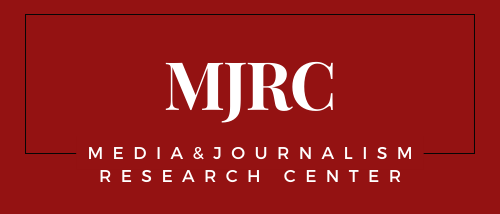Media Influence Matrix Israel: Key Findings
Israel has a media law framework that is not yet fully compatible with established democratic regimes. Many legal and media experts argue that the state’s communication regulations are either anachronistic or lack precision. The Israeli media system is characterized by a multiplicity of regulatory authorities mandated by specific laws. Yet, there is no Press Law per se. A British Mandate Press Ordinance from 1933 was finally revoked in 2017, making it possible, for the first time inIsrael’s history, to publish a newspaper without a government-issued license.
Most Israeli media enterprises are controlled by a small group of owners. Most of them are not standalone businesses but take part in larger conglomerates with businesses in industrial and other non-media sectors. Nearly all of them are privately controlled. As such, they are not required, under Israeli law, to publish or reveal financial disclosures to the government, fiscal or media regulators. Based on information leaks and rough financial estimates, most media companies in Israel are loss-incurring operations. Research shows that they are not run primarily like for-profit businesses but are used as a means to promote the interests of various powerful players.
In terms of technology, the justification for Israel’s “high tech nation” self-image is somewhat outdated. In recent years corporate losses deepened, cash flows were negative, competition intensified, and the industry’s regulator – the Ministry of Communications (MOC) had made Israel lag behind global infrastructure innovations.
Read 2021 Key Findings in Media Influence Matrix Israel report
Invest in independent media research and join a community of practice.
Your contribution supports MJRC’s investigations and global analysis. As a supporter, you can receive early access to new findings, invitations to small-group briefings, inclusion in our Supporters Circle updates, and the option to be listed on our Supporters Page.
Contribute to MJRC